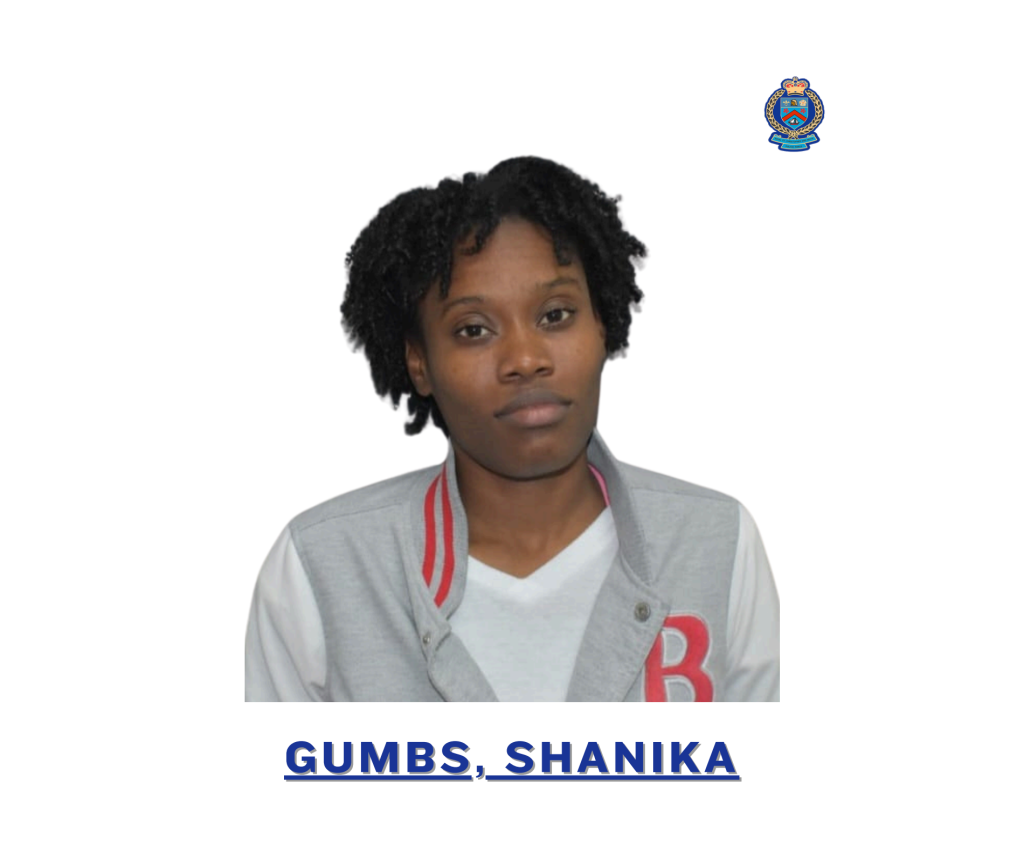Shanika Gumbs Receives Sentence for Firearms Offense
On March 27, 2025, the Royal St. Christopher and Nevis Police Force announced the sentencing of Shanika Gumbs, a resident of Webb’s Ground, Nevis, to a twelve-month term of imprisonment for illegal firearm possession. The charge stemmed from an incident that occurred on January 11, 2021, marking a significant period between the offense and the eventual legal proceedings. Gumbs entered a guilty plea on February 4, 2025, acknowledging her responsibility in the matter. The sentence was handed down by His Lordship Justice Iain K. Morley, KC, during a High Court session in Basseterre, St. Kitts, on March 18, 2025. The legal process, from the initial incident to the final sentencing, spanned over four years. The case highlights the seriousness with which firearm offenses are treated within the jurisdiction of St. Kitts and Nevis.
The details surrounding the January 11, 2021 incident remain undisclosed in the provided information. It’s unknown what type of firearm Gumbs possessed, the circumstances under which she came to possess it, or the intended use, if any. The lack of these details prevents a deeper understanding of the specific nature of the offense and the potential risks it posed. However, the fact that the offense resulted in a custodial sentence underscores the gravity of illegal firearm possession, regardless of the specific details. Firearm-related crimes are often associated with violence and pose a significant threat to public safety.
Gumbs’ guilty plea on February 4, 2025, likely played a role in the sentencing process. A guilty plea often leads to a reduced sentence compared to a conviction following a trial. It signifies an acceptance of responsibility and can be seen as a mitigating factor in the eyes of the court. By pleading guilty, Gumbs avoided a lengthy trial process, saving both time and resources for the judicial system. It also suggests a potential willingness to cooperate with the legal process and potentially begin the rehabilitation process.
The presiding judge, His Lordship Justice Iain K. Morley, KC, considered various factors before imposing the twelve-month sentence. These factors likely included the severity of the offense, Gumbs’ criminal history, if any, and the prevailing legal precedents in St. Kitts and Nevis. The judge’s role is to ensure a fair and just sentence that reflects the gravity of the crime while also considering the individual circumstances of the defendant. The twelve-month sentence suggests a balancing act between punishment and the possibility of rehabilitation.
The provision for time served on remand to count towards the overall sentence is a standard practice in many legal systems. Remand refers to the period spent in custody while awaiting trial. If Gumbs spent any time in custody between her arrest and sentencing, that time will be deducted from her twelve-month sentence. This ensures that individuals are not unduly penalized for time spent incarcerated before being convicted of a crime. The exact reduction in her sentence will depend on the duration of her remand period.
Furthermore, the eligibility for parole after serving one-third of her sentence with good behavior offers Gumbs a potential pathway to an earlier release. Parole is a conditional release from prison before the completion of a full sentence. It is granted based on the prisoner’s demonstrated good behavior and their perceived likelihood of reintegrating into society without reoffending. If Gumbs maintains good behavior while incarcerated, she could be eligible for parole after serving four months of her sentence. This provision incentivizes positive behavior within the prison system and offers a path towards rehabilitation and reintegration into the community.
Share this content:












Post Comment